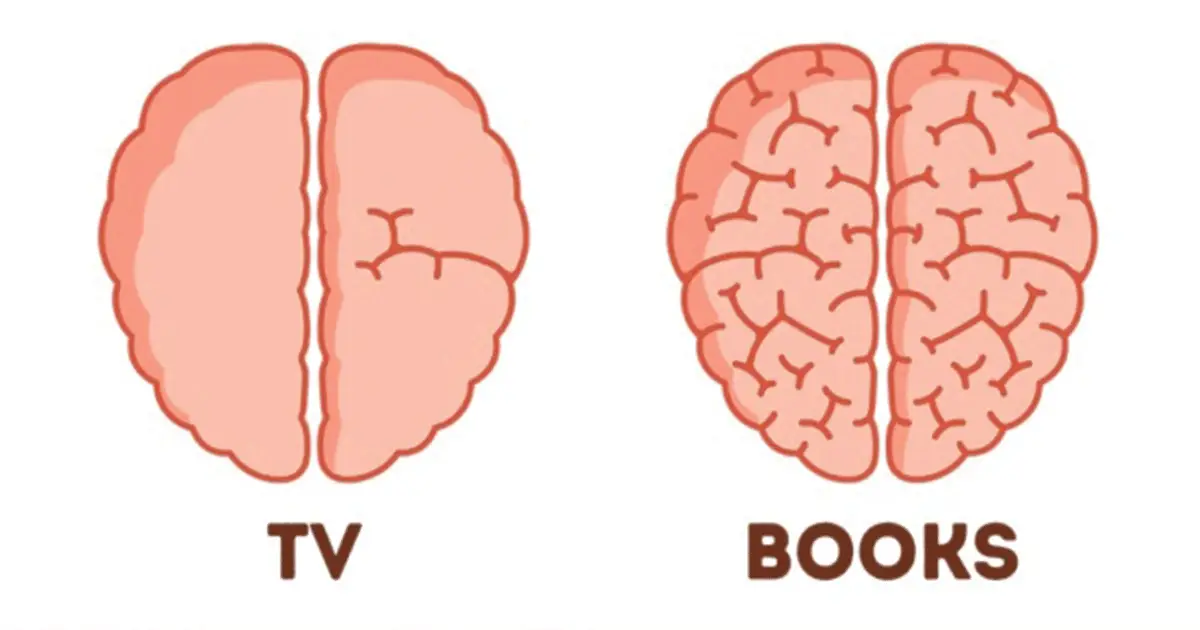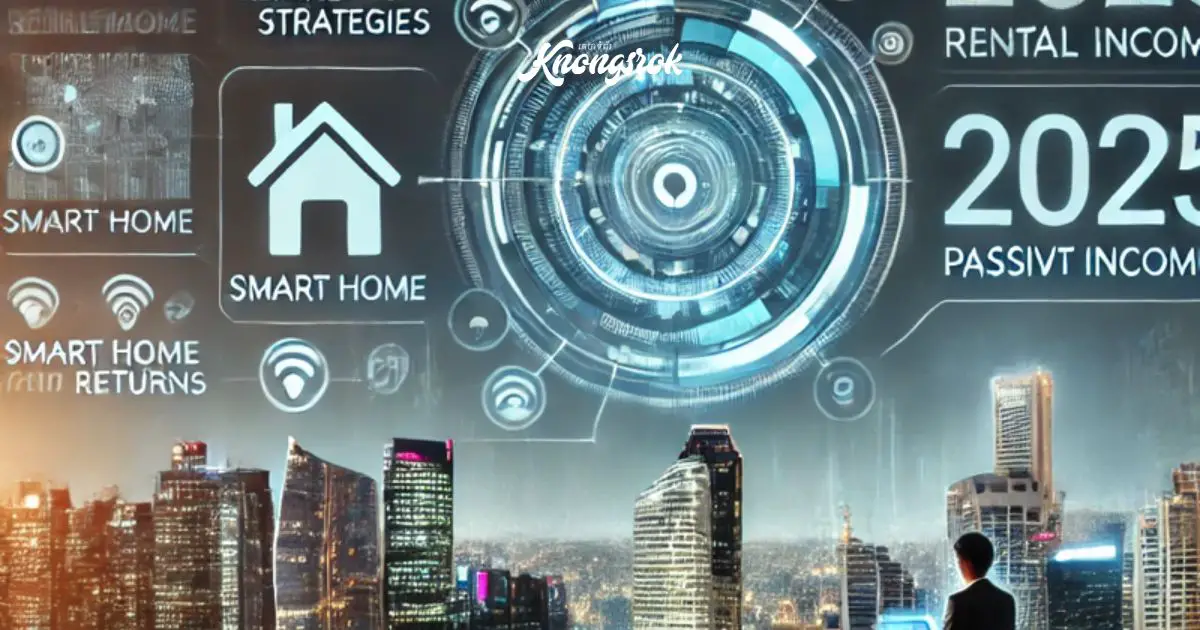Effective Communication: The Key to Healthy Relationships
Communication is at the heart of every healthy relationship, whether it’s between partners, family members, friends, or colleagues. It is the medium through which we express our thoughts, share our feelings, and build understanding. Without effective communication, even the strongest relationships can struggle under the weight of misunderstandings, misinterpretations, and unspoken frustrations.

Why Communication Matters
Effective communication is more than just talking; it’s about truly connecting. It involves not only speaking clearly but also listening with intent. Through communication, people can express their needs, offer support, resolve conflicts, and build trust. When communication breaks down, relationships often suffer, leading to feelings of neglect, resentment, and emotional distance.
Clear, open, and respectful communication allows relationships to flourish. It ensures that both parties feel heard, valued, and understood, which leads to a stronger emotional connection and a more harmonious dynamic.
Key Components of Effective Communication
1. Active Listening
Listening is just as important as speaking in a relationship. Active listening involves paying full attention to the other person, acknowledging their points, and responding thoughtfully. This helps avoid misunderstandings and shows that you value the other person’s perspective.
Tip: Avoid interrupting, and focus on understanding rather than preparing your response while the other person is speaking.
2. Clarity and Honesty
Being direct and honest in your communication avoids confusion and helps establish trust. People often withhold their true thoughts or feelings out of fear of conflict or hurting the other person. However, honesty presented respectfully can strengthen relationships by building transparency and mutual respect.
Tip: Use “I” statements like “I feel” or “I think” to express your thoughts without sounding accusatory.
3. Nonverbal Communication
Communication isn’t just about words. Nonverbal cues such as body language, eye contact, facial expressions, and tone of voice play a critical role in conveying messages. For example, crossed arms or avoiding eye contact may unintentionally signal disinterest or frustration. Being aware of your own nonverbal communication and interpreting the other person’s signals can help avoid miscommunication.
Tip: Ensure your body language aligns with your message to avoid mixed signals.
4. Empathy
Empathy is the ability to understand and share the feelings of another person. In relationships, showing empathy means acknowledging the other person’s emotions and validating their experience. This fosters a deeper connection and helps resolve conflicts more effectively.
Tip: Practice putting yourself in the other person’s shoes before responding.
5. Conflict Resolution
Disagreements are inevitable in any relationship, but how you handle them makes all the difference. Instead of avoiding conflict or allowing it to escalate, address issues calmly and respectfully. Effective communication during conflicts involves listening to the other person’s concerns, expressing your own respectfully, and working together to find a solution.
Tip: Focus on resolving the issue rather than “winning” the argument.
Barriers to Effective Communication
Even with the best intentions, certain barriers can hinder effective communication:
•Assumptions and Misinterpretations: Jumping to conclusions without understanding the other person’s full perspective can create unnecessary tension.
•Emotional Reactions: Letting emotions dictate your responses can cloud judgment and escalate situations.
•Distractions: External distractions or divided attention, such as checking your phone while someone is speaking, can undermine the quality of the interaction.
How to Improve Communication in Relationships
1. Practice Active Listening: Make an effort to fully listen to the other person without interrupting or thinking about your response while they speak. Paraphrase what they’ve said to ensure you’ve understood correctly.
2. Be Open and Honest: Share your thoughts and feelings openly. Don’t let issues fester—address them before they become bigger problems.
3. Stay Calm During Conflicts: If emotions run high, take a step back before responding. Approaching conflicts with a calm and rational mindset allows for better communication and resolution.
4. Ask Questions: Clarify what the other person means if something is unclear. Asking open-ended questions encourages further discussion and shows that you are engaged in the conversation.
Conclusion
Effective communication is the foundation of any healthy relationship. It allows individuals to connect on a deeper level, resolve conflicts, and foster mutual respect and understanding. By practicing active listening, being honest, and showing empathy, you can strengthen your relationships and build a more harmonious, fulfilling connection with those around you.
Let me know if you’d like to expand any section or add more details!














